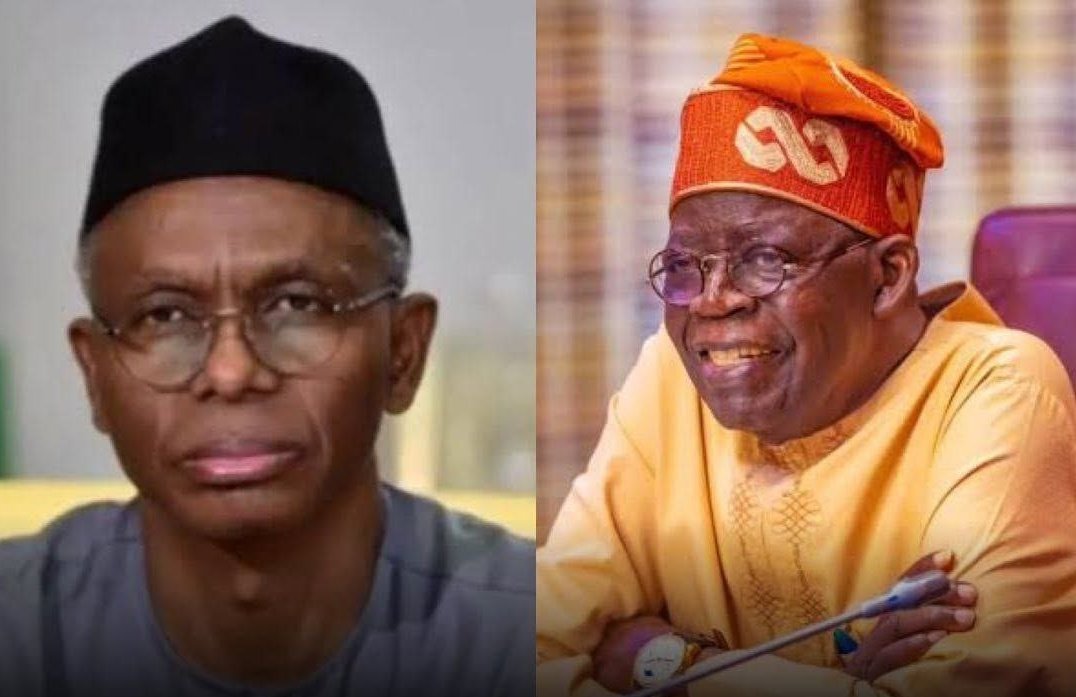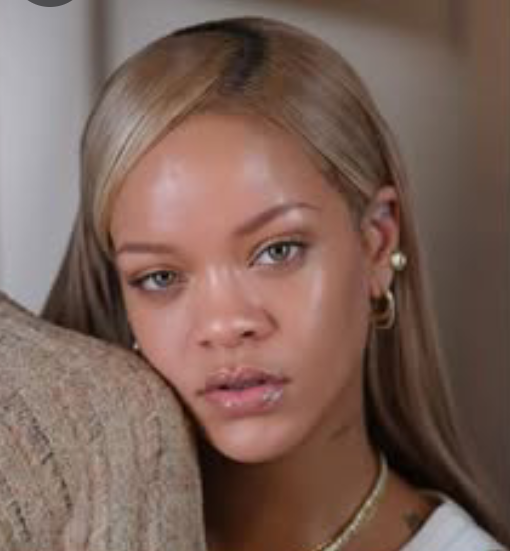
“We Had a Meeting to Ensure Tinubu Goes Back to Lagos” — El-Rufai Sends Political Shockwaves Ahead of 2027

In a stunning declaration that has sent tremors through Nigeria’s political landscape, former Kaduna State Governor, Nasir El-Rufai, has publicly announced that strategic efforts are already in motion to unseat President Bola Ahmed Tinubu in the 2027 general elections. The former minister and influential northern politician made the statement during a recent event, signaling the birth of a potentially powerful opposition movement aimed squarely at the current administration.
“We had a very important meeting with the coalition that we are putting together to ensure that Pres. Tinubu goes back to Lagos,” El-Rufai said, his words echoing with a confidence and clarity that immediately sparked intense speculation across political and social circles. While the former governor did not disclose the identities of those present at the meeting or the full scope of the coalition’s ambitions, his message was unmistakably clear: a political storm is brewing, and it has its sights firmly set on Aso Rock.
El-Rufai’s announcement, though terse, has ignited a wave of reactions from politicians, analysts, and the public. Many see it as the first official salvo in what promises to be a fiercely contested 2027 presidential election. Others interpret it as a bold power play by one of Nigeria’s most prominent northern figures—one known for his sharp rhetoric, unfiltered commentary, and deep ties within both political and bureaucratic circles.
The timing of El-Rufai’s statement is also notable. President Tinubu is just two years into his first term, and despite facing economic and social challenges—including inflation, fuel subsidy removal backlash, and increasing insecurity—he remains a dominant force within the ruling All Progressives Congress (APC). But El-Rufai’s comments suggest a growing dissatisfaction, perhaps not only from opposition quarters but from within the ruling establishment itself.
Observers have long speculated that cracks within the APC could widen before 2027. El-Rufai’s relationship with Tinubu, while cordial on the surface, has occasionally been marked by ideological differences and conflicting political strategies. During the run-up to the 2023 elections, El-Rufai was instrumental in securing northern support for the APC ticket. However, since Tinubu’s ascension to the presidency, there have been murmurs of discontent regarding cabinet appointments, policy decisions, and the perceived marginalization of certain power blocs within the party.
That discontent now appears to be manifesting in concrete political maneuvers. El-Rufai’s comment confirms what many insiders have hinted at for months: behind closed doors, meetings are taking place, alliances are being forged, and battle lines for 2027 are being drawn.
So far, the presidency has not issued a formal response to El-Rufai’s remarks, but key Tinubu allies are reportedly monitoring the situation closely. Some party loyalists have dismissed the former governor’s statement as political grandstanding, arguing that it is too early to begin speculating about 2027 when the current administration is still laying the foundation for its broader reforms. Yet, others within the APC worry that El-Rufai’s formidable influence in the north—coupled with his ability to galvanize technocrats, youth movements, and disgruntled party members—could represent a serious threat if left unchecked.
It remains to be seen who will join El-Rufai in this new coalition. Will it be a resurrection of a pre-APC-style merger involving elements from the PDP, Labour Party, NNPP, and other political factions? Or will it be a northern-driven political machine designed to challenge the dominance of southern political elites in national leadership? These are questions that only time—and further revelations—can answer.
What is clear, however, is that El-Rufai has reignited the flame of political contestation at a time when many Nigerians are more concerned with the rising cost of living, erratic electricity supply, and the naira’s continued struggles against foreign currencies. Some critics argue that the former governor’s timing is tone-deaf, accusing him of focusing on politics rather than solutions to national problems. Others view his move as a necessary recalibration of Nigeria’s democratic landscape, especially if it leads to stronger checks on presidential power and greater accountability.
El-Rufai’s history as a reform-minded technocrat and outspoken critic of status quo politics lends weight to his words. As the former Director-General of the Bureau of Public Enterprises and Minister of the Federal Capital Territory under President Olusegun Obasanjo, he earned a reputation for efficiency and boldness—traits that have both won him admirers and critics in equal measure.
Since leaving office in 2023, El-Rufai has kept a relatively low profile, fueling rumors about his next political move. His name has been floated as a potential presidential contender, a kingmaker, or even a disruptive outsider willing to challenge the establishment from a fresh platform. With this latest statement, those rumors gain more traction and urgency.
For now, Nigerians are left with more questions than answers. What is the composition of this coalition? What parties or political heavyweights are backing it? Is El-Rufai seeking to lead the charge himself or play the role of strategist behind the scenes? And how will President Tinubu respond—through reconciliation, retaliation, or redoubling his political efforts?
What is certain is that the road to 2027 has officially begun, not with a campaign poster or rally, but with a single sentence from one of the country’s most enigmatic political figures. In the coming months, Nigerians can expect the political temperature to rise, alliances to shift, and the battle for the nation’s future to take on new, and perhaps unpredictable, dimensions.
One thing is sure—El-Rufai has set the stage, and the spotlight is now firmly on what comes next.


